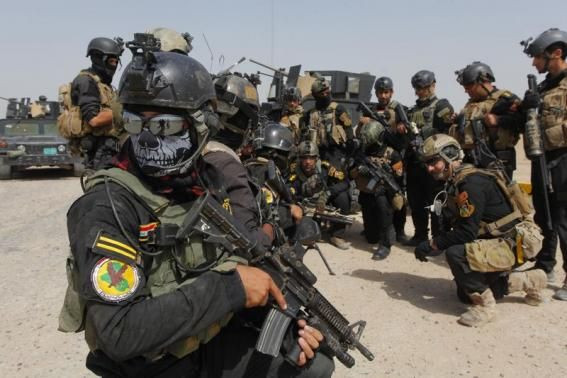Iraqi Parliament Session Ends Abruptly As Sunnis, Kurds Fail To Return After Recess

The first session of Iraq’s new parliament ended quickly and abruptly without the country's leaders coming any closer to selecting a prime minister, as the nation makes an attempt at stability while Sunni militant groups advance.
Sunni and Kurdish representatives of the new parliament never returned from a short recess following less than an hour of discussion on new leaders for Iraq, the New York Times reported. Their absence left parliament without a quorum, forcing it to disband for the day.
The parliament is charged with choosing Iraq’s next prime minister, president and speaker of parliament. There is pressure to select someone other than current Prime Minister Nouri al-Maliki, a Shiite who has been accused of marginalizing Sunnis and who Kurds say is untrustworthy. The rift has raised fears of a civil war and has been blamed on an offensive by the Islamic State, formerly known as the Islamic State of Iraq and Syria, or ISIS.
Although Maliki’s coalition won the lion’s share of votes in April's elections, his bloc cannot form a government on its own. The hope is that a new government will instill stability and avert a civil war.
Ayham Kamel of the Eurasia Group, a political risk consultancy firm, told Agence France-Presse that a new government and cabinet probably won’t be formed until several weeks.
"The broad direction here is to be more inclusive, at least when it comes to the Sunni community, and figure out a power-sharing deal," he said.
© Copyright IBTimes 2025. All rights reserved.






















